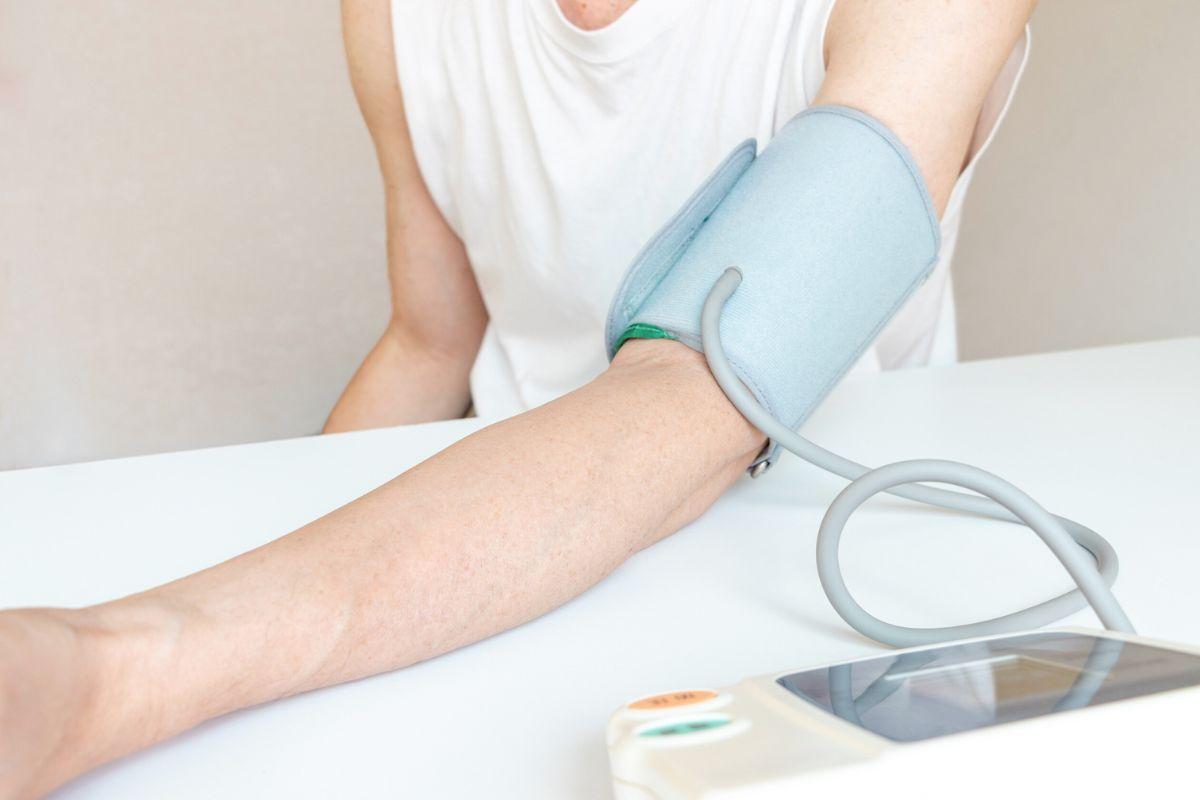Adjusting to life after stomach surgery, known as a gastrectomy, can feel overwhelming. It’s completely normal to feel a mix of emotions, especially when you’re figuring out new eating habits. Your stomach has changed, and so has the way your body digests food.
The good news is, while your digestion will be different, with the right support, most patients can return to enjoying a varied, nourishing diet. General surgeons and dietitians are key players in helping you adapt to these changes, and platforms like Doctify make it easy to find and connect with trusted specialists.
Why Your Diet Matters After a Gastrectomy
Surgery to remove part or all of the stomach changes how your body processes food. Your stomach is now much smaller, and the path that food takes has been rerouted. This can affect how well your body absorbs essential nutrients, particularly iron, vitamin B12, and calcium.
A well-planned diet isn’t just about feeling comfortable; it’s vital for preventing malnutrition (bad food absorption), keeping your energy levels up, and giving your body the fuel it needs to heal properly.
7 Tips for Eating Well After Stomach Surgery
Tip 1: Eat Smaller, More Frequent Meals
Your new, smaller stomach can’t hold the same amount of food as before. If you try to eat a large meal, it can lead to uncomfortable feelings like: fullness, bloating, and even a condition called “dumping syndrome.”
Instead of 2 or 3 large meals a day, aim for 5 to 6 small meals. This approach helps your body digest food more easily, gives you a steady stream of energy, and reduces the risk of discomfort.
Tip 2: Focus on High-Protein Foods
Protein is the superfood for your recovery. It’s what helps your body repair tissues and build strength after surgery. Make sure each of your small meals includes a good source of protein.
Think about incorporating foods like eggs, lean meat, fish, chicken, low-fat dairy, beans, and tofu. These will help you feel fuller for longer and give your body the building blocks it needs.
Tip 3: Watch Your Nutrient Levels
Because of how your digestion has changed, you might struggle to absorb enough vitamins and minerals from your food alone. It’s very common to need lifelong supplements, such as B12 injections (every 3 months), and supplements for iron, vitamin D, and calcium.
Your doctor will likely recommend regular blood tests to monitor these levels and catch any deficiencies early on. Staying in close contact with your GP and specialist is the best way to ensure you’re getting all the nutrients you need.
Tip 4: Limit Sugary and Fatty Foods
Your body now digests food much faster, and sugary foods, in particular, can be a problem. When sugar enters your small intestine too quickly, it can trigger “dumping syndrome,” causing symptoms like nausea, cramping, sweating, and diarrhea.
To avoid this, it’s best to reduce your intake of highly processed sugary foods and drinks. Instead, choose whole grains, fresh vegetables, and healthy fats like those found in avocados or nuts.
Tip 5: Stay Hydrated – But Time Your Fluids
Drinking plenty of water throughout the day is crucial for your overall health. However, it is recommended to be mindful when you drink.
Drinking large amounts of liquid with your meals can make you feel uncomfortably full very quickly. A good strategy is to have a small amount of liquid with your food and then wait about 30 minutes after your meal to drink more.
Tip 6: Chew Slowly and Eat Mindfully
Taking the time to chew your food slowly and thoroughly can make a big difference in how you feel. The more you break down your food in your mouth, the easier it is for your smaller stomach to handle it.
Try to put your fork down between bites and really focus on what you’re eating. This mindful approach can help you feel more comfortable and get the most out of your meals.
Tip 7: Get Professional Support
There is no one-size-fits-all diet after a gastrectomy. A good dietitian or a general surgeon with experience in post-gastrectomy care can create a personalised nutrition plan just for you. They can offer advice on everything from meal planning to managing specific symptoms.
Finding a specialist you can trust is made simple by Doctify, which is a great resource for finding vetted general surgeons and dietitians who have the specific expertise you need for your long-term health.
Understanding the Recovery Journey
In the first few weeks after surgery, your diet will progress slowly. You’ll start with liquids (likely with oral and enteral tubes), move on to soft foods, and then gradually reintroduce solid foods. It’s important to be patient with this process and with yourself, because adjusting to the new lifestyle will take time.
Managing Common Post-Surgery Challenges
- Dumping syndrome: This can feel like a rush of uncomfortable symptoms (nausea, cramping, diarrhea, dizziness, rapid heartbeat, and low blood sugar) after eating certain foods (especially sugary). The best way to reduce it is by following the tips above, especially limiting sugar, eating smaller meals and avoiding liquid intakes with meals.
- Reflux or nausea: Some people experience these symptoms. Symptoms are often triggered by large or high-fat meals, spicy or acidic foods. Management focuses on small, frequent meals, eating slowly, avoiding trigger foods, separating liquids from solids (drink before or after a meal 30-60 min), and avoiding laying down for 30–60 minutes after meals. Your doctor may also be able to suggest medication if it is a persistent issue.
- Feeling full too quickly: This is very common. Choosing nutrient-dense foods (like protein and healthy fats) for your small meals will ensure you’re getting the nutrition you need without feeling overly stuffed. Aim for 5–6 small meals per day rather than 2–3 large ones, and avoid drinking large amounts of fluid with meals to prevent early fullness. Regular follow-ups with a dietitian can help you regulate nutrient intake and prevent deficiencies.
Long-Term Nutrition Considerations
Even well after your recovery, monitoring your nutrition is essential. Regular blood tests are a simple but vital way to check for deficiencies and ensure you’re staying healthy. As your body adapts, you might be able to adjust your diet, but ongoing professional guidance is always a good idea.
Emotional Wellbeing and Support
Food is often tied to social gatherings and comfort. Adjusting to a new way of eating, especially when dining out or at family events, can be emotionally challenging. Be gentle with yourself and remember it’s okay to seek support. Talking to a therapist or joining a support group can be incredibly helpful for your emotional wellbeing.
When to Contact Your Healthcare Team
Your healthcare team is there to help you. It’s important to contact them if you experience:
- Persistent vomiting or severe pain
- Signs of malnutrition, such as feeling very weak or tired
- Significant difficulty maintaining your weight
Remember, regular check-ups with your surgeon and GP are the best way to prevent long-term complications.
Conclusion
Adjusting your diet after stomach surgery is a journey that takes time and patience. While it may seem daunting at first, with the right guidance, most patients adapt incredibly well. You can and will enjoy a fulfilling diet while protecting your health. Don’t hesitate to reach out to a Doctify-listed specialist for personalised advice and ongoing support. They are there to guide you every step of the way.
Find the right specialist for you. Doctify uses verified reviews so you can make the best decision for your healthcare.

Feel free to consult a GP through Doctify for personalised advice whenever you want, we will be happy to help you! Find the best GPs in the United Kingdom or search for the best specialists globally:
Medically Reviewed
Last reviewed on 09/09/2025




